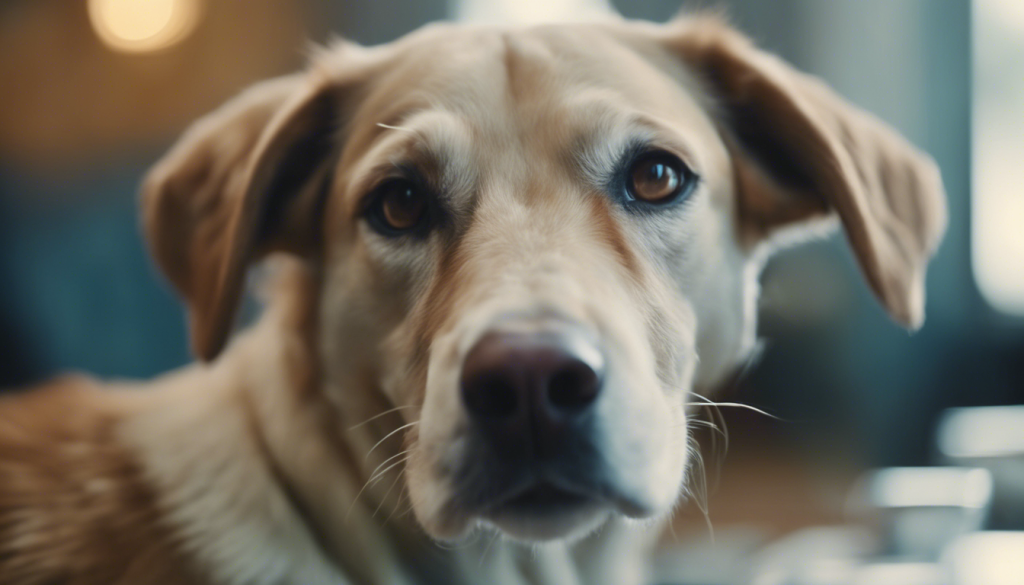The Role of Genetics in Dog Health

Role of Genetics in Dog Health
Dogs, like humans, are complex organisms with their health influenced by a combination of genetic factors and environmental influences. Understanding the role of genetics in dog health is important for providing effective care and promoting their overall well-being. In this article, we will explore essential aspects of canine health that can be influenced by genetics, such as exercise requirements, common health issues, dental care, age-related health changes, mental stimulation, and preventive care.
Exercise Requirements
Genetics plays a significant role in determining the exercise needs of different dog breeds. Some breeds have higher energy levels and require more intense exercise routines, while others may be content with moderate physical activity. It is important to consider the breed-specific exercise requirements of your dog to prevent obesity, behavioral problems, and overall physical and mental distress. Regular exercise not only keeps dogs physically fit but also helps stimulate their minds, prevent boredom, and maintain a healthy weight.
Common Health Issues and Their Treatments
Genetics can predispose certain dog breeds to specific health issues. For example, larger breeds may be prone to hip dysplasia, while smaller breeds may develop dental problems. By understanding the genetic predispositions of your dog’s breed, you can take preventive measures to minimize the risk of developing these issues. Regular veterinary check-ups are essential for early detection of potential health concerns. Proper treatment can then be prescribed, which may include medications, surgeries, specialized diets, or physical therapy.
Dental Care
Just like humans, dogs require proper dental care to maintain oral health and overall well-being. Genetics can influence the development of dental issues such as periodontal disease, tooth decay, and misaligned bite in certain breeds. Regular toothbrushing, annual dental cleanings, and providing appropriate chew toys can significantly reduce the risk of dental problems. It is important to establish a dental care routine early in your dog’s life to prevent discomfort, pain, and potential systemic health issues that can arise from neglected oral hygiene.
Age-Related Health Changes
As dogs age, they experience various health changes influenced by their genetics. Older dogs may develop arthritis, reduced mobility, and experience changes in vision and hearing. With proper genetic knowledge, you can implement preventive measures such as joint supplements, modified exercise routines, and regular vet check-ups to catch age-related health issues early. Additionally, providing a comfortable living environment including soft bedding and ramps can greatly improve your senior dog’s quality of life.
Mental Stimulation
Genetics can also affect a dog’s mental needs and behaviors. Different breeds have different levels of intelligence and require varying degrees of mental stimulation. Enriching your dog’s environment with puzzle toys, training sessions, and interactive games can help keep their minds engaged and prevent behavioral issues stemming from boredom. Understanding your dog’s genetic predispositions can assist you in providing appropriate mental stimulation to ensure their mental well-being.
Preventive Care
Finally, genetics plays a important role in determining the overall health of a dog. By understanding the genetic predispositions of your dog’s breed, you can adopt a proactive approach to preventive care. Regular vaccinations, parasite prevention, proper nutrition, and maintaining a healthy weight are important aspects of preventive care. Early detection of potential health issues through regular vet check-ups can help mitigate or even prevent certain genetic health concerns.
Understanding the role of genetics in dog health is essential for effective care and promoting the overall well-being of our furry companions. By being aware of breed-specific traits, predispositions, and proper health maintenance practices, we can provide our dogs with the best possible care to ensure a happy, healthy, and fulfilling life.







